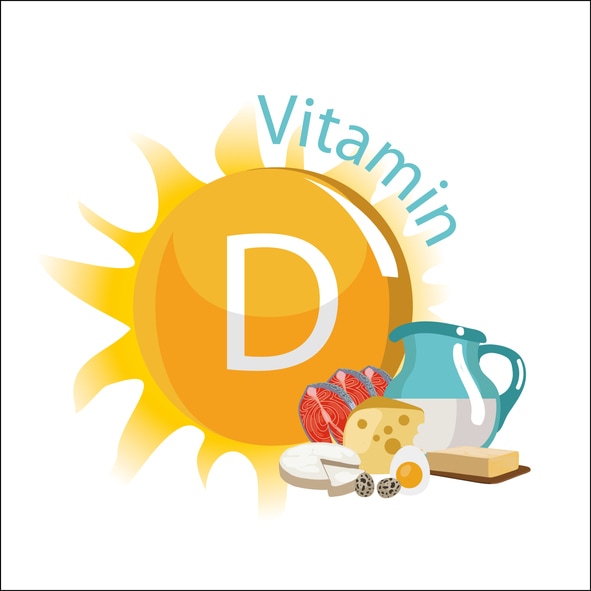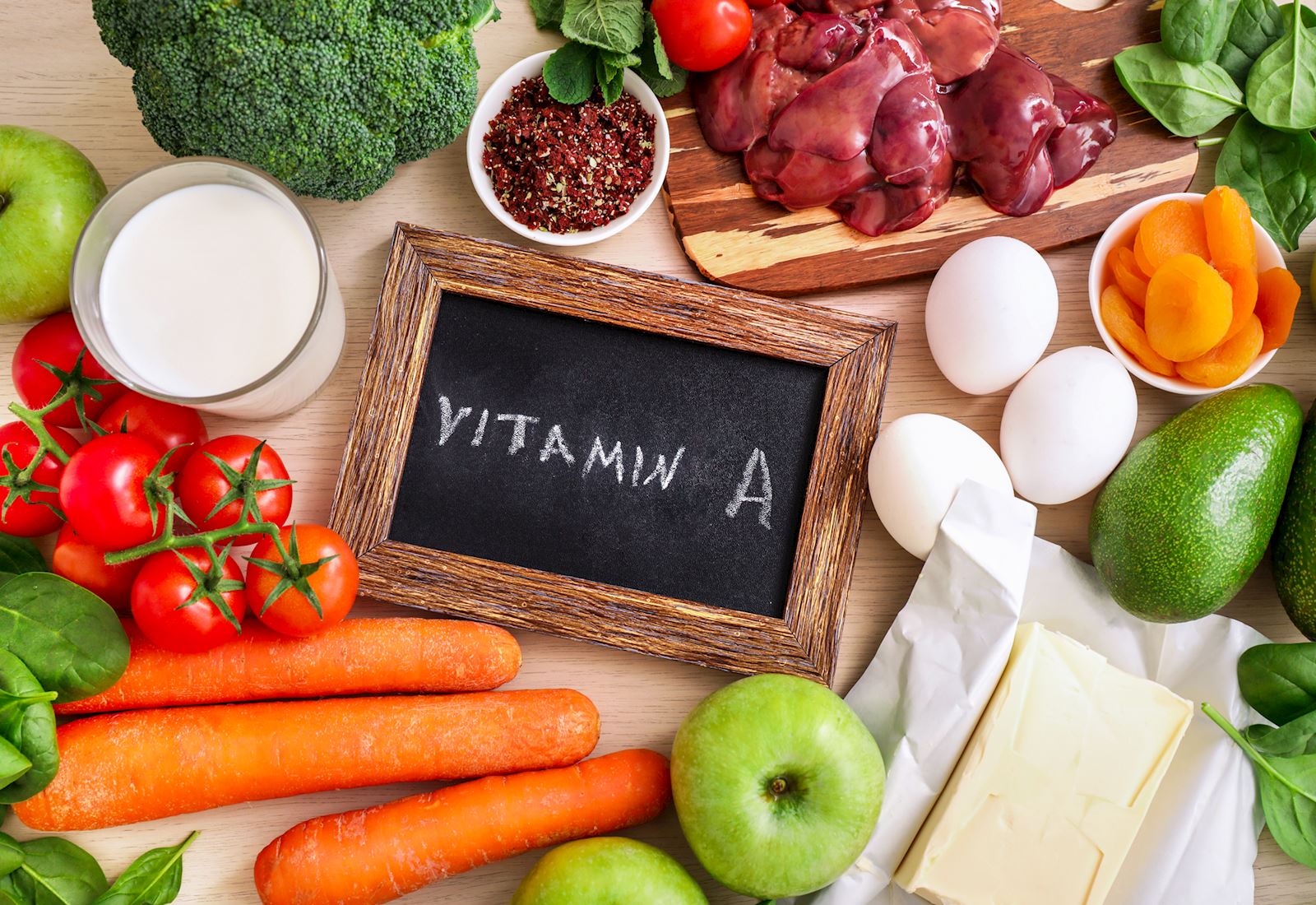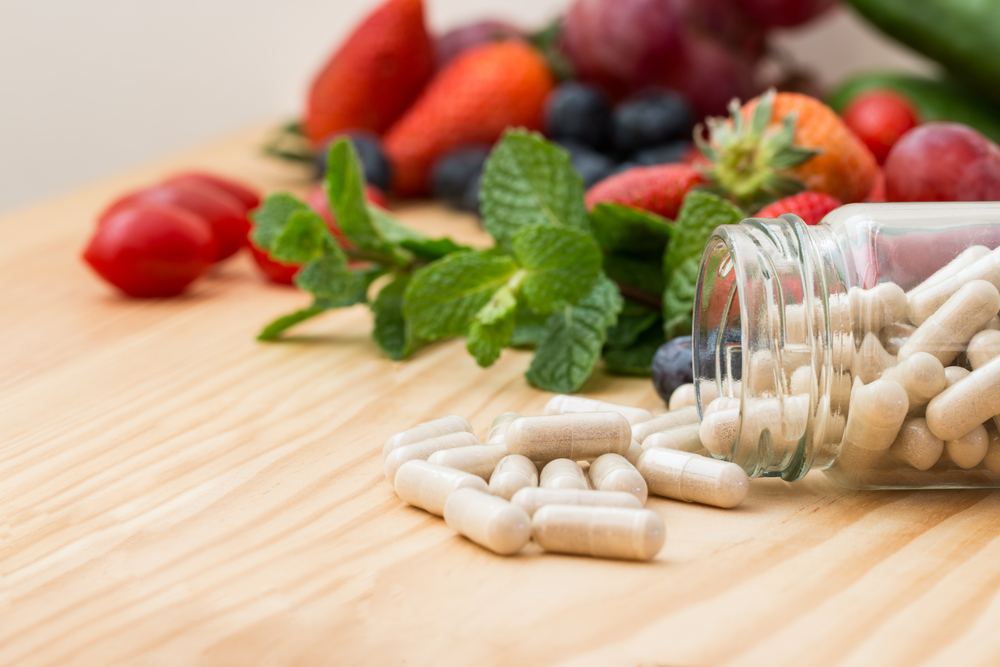Often referred to as the “sunshine vitamin,” find out why vitamin D is so crucial to our health along with good sources of this important vitamin.
What does vitamin D do?
Getting enough vitamin D helps you:
- Maintain healthy bones to help prevent them from becoming thin, brittle and fracturing more easily. In children, this condition is known as rickets. In adults, it is diagnosed as osteomalacia (soft bones) or osteoporosis (fragile bones).
- Helps the body absorb calcium in the gut and to maintain healthy levels of phosphorus in the blood.
- Improve immune function to fight off viruses and bacteria that can lead to infection.
Emerging research suggests that vitamin D may also play a role in the prevention of diabetes, high blood pressure and multiple sclerosis.
Sources of vitamin D
The sun
People can often get the vitamin D they need from sun exposure. Our skin converts UV rays into vitamin D. While sun safety is important, wearing sunscreen prevents exposure of the skin to sunlight and can reduce the amount of vitamin D the body can produce. It’s a good idea to consult with a health care provider to review the risks associated with sunlight exposure and how to get sun safely.
Foods that are natural and fortified
When looking at diet, not many food sources naturally contain vitamin D. Because of this, food manufacturers often add vitamin D to certain foods. This practice is referred to as food fortification. It helps make sure the average American eats enough vitamin D in their diets for better health.
Foods that are good sources of vitamin D:
- Fatty or oily fish such as salmon, tuna and mackerel
- Shrimp
- Egg yolk
- Beef Liver
- Cheese
- Cod Liver oil
- Cow's milk, vitamin D fortified
- Powdered milk, vitamin D fortified
- Soy milk, vitamin D fortified
- Yogurt, vitamin D fortified
- Ready-to-eat cereal, vitamin D fortified
Vitamin D supplements
Vitamin D supplements are available in two forms, D2 and D3. Health professionals believe the two forms of the vitamin are equal in their ability to supply the body with needed vitamin D.
Vitamin D deficiency
If vitamin D levels remain low over a long period of time, a person can develop a vitamin D deficiency. This can affect their bones and overall health.
Signs of a vitamin D deficiency may include:
- Bone and muscle pain
- Depression or feelings of sadness
- Fatigue
- Frequent bone breaks and muscle weakness
- Frequent illness
Factors that may increase the risk of developing a deficiency:
- People living in the northern regions of the United States where exposure to sunlight is limited in the winter months
- Individuals who spend most of their time indoors or sleep during daylight hours
- Older adults who have certain medical conditions, limited diet or take specific medications
Infants who exclusively breastfeed may also require a vitamin D supplement as breastmilk can be a poor source of this important vitamin. Individuals who are affected by Crohn’s disease or celiac disease may also be at risk for a vitamin D deficiency.
Mom's Meals® can help
Nourishing the body with the right foods can make a difference in one’s health. With nine condition-specific menus and 60+ meal options, we help make it easy and convenient to enjoy delicious food that helps you meet daily requirements for important nutrients like vitamin D.



